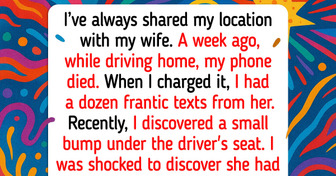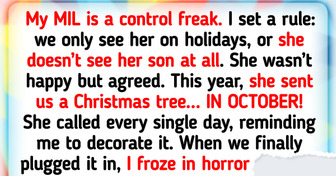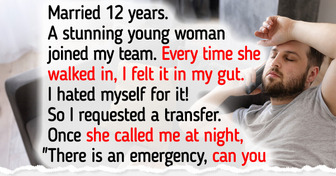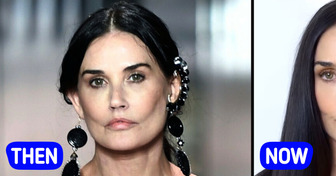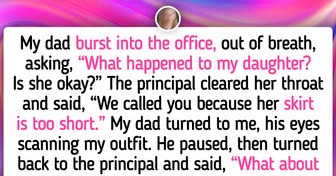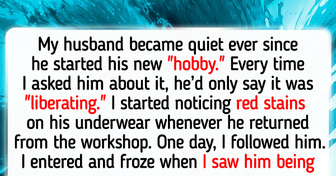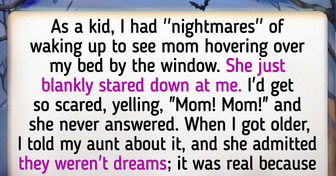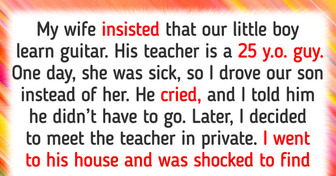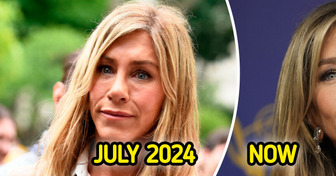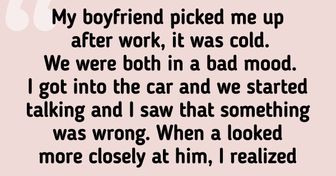Paris Hilton Is Being Mocked for Her Runway Walk, but Some People Are Praising Her

We received a heartbreaking letter from one of our loyal followers, who shared her painful experience of being body-shamed by her own husband. She had to undergo an emergency C-section, but instead of being supportive and grateful, her husband told her that the scar on her abdomen looks repelling.

Dear Mary, thank you for writing to us and sharing your story. We’re sorry to hear that your husband said such a hurtful thing to you, and that you’re feeling heartbroken and angry. You are not in the wrong for feeling this way. Your feelings are valid and understandable.
Your C-section scar is not disgusting. It is a mark of courage, strength, and love. You endured a major surgery to bring your daughter into the world, and that is something to be proud of. Your scar is a part of you, and it tells a story of how you sacrificed your body and comfort for your child. It is a beautiful and powerful symbol of motherhood.
Your husband’s reaction to your scar is not fair or respectful. He may have been honest, but he was also insensitive and shallow.
He should have considered how his words would affect you, and how they would undermine your confidence and self-esteem. He should have appreciated what you went through, and how hard it was for you to recover from the C-section. He should have loved you for who you are, not for how you look.
We understand that you love your husband, and that you want to move past this and not let it affect your relationship. But you also deserve an apology, and a sincere effort from him to change his attitude and behavior. You deserve a partner who supports you, respects you, and cherishes you. You deserve a partner who sees your scar as a sign of your resilience, not as a flaw.
Here are some suggestions for how you can cope with this situation and communicate with your husband:
We hope this helps, and we wish you all the best. Remember that you are not alone, and that you are not in the wrong. You are a brave and beautiful woman, and you deserve to be loved and appreciated for who you are.
Mary’s story is sad, but it’s not the end. There is hope and healing for women who have been hurt by their partners or society for their postpartum bodies. And one woman proved it. She took a bold step and shared her postpartum body with the world, and the feedback was incredible. Learn more in our next article.

